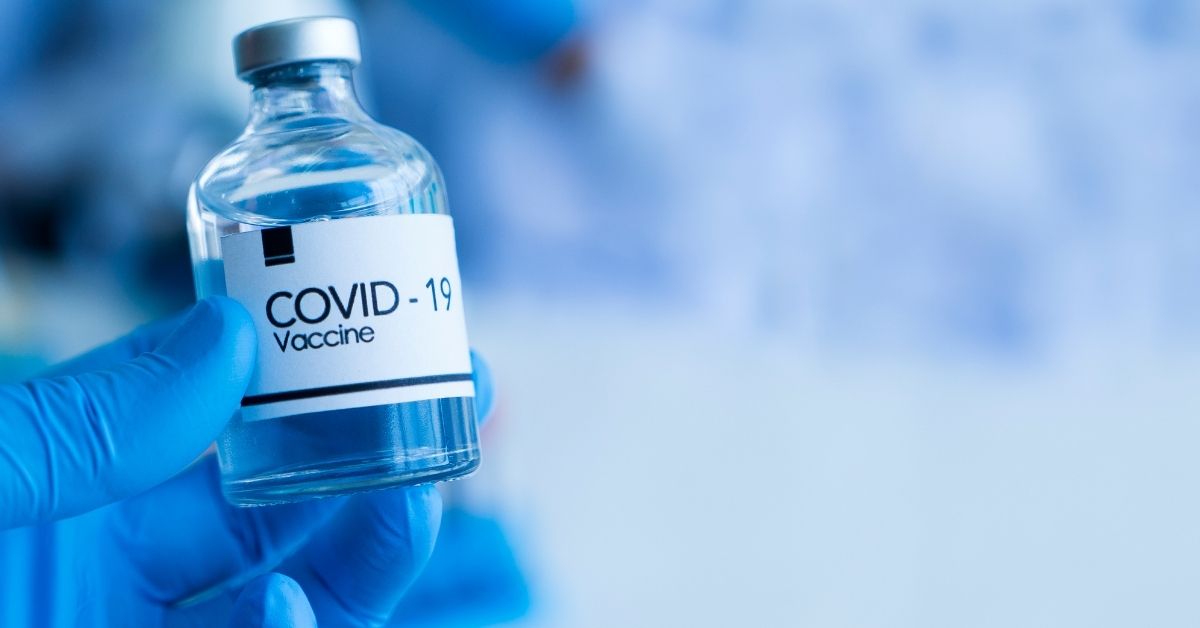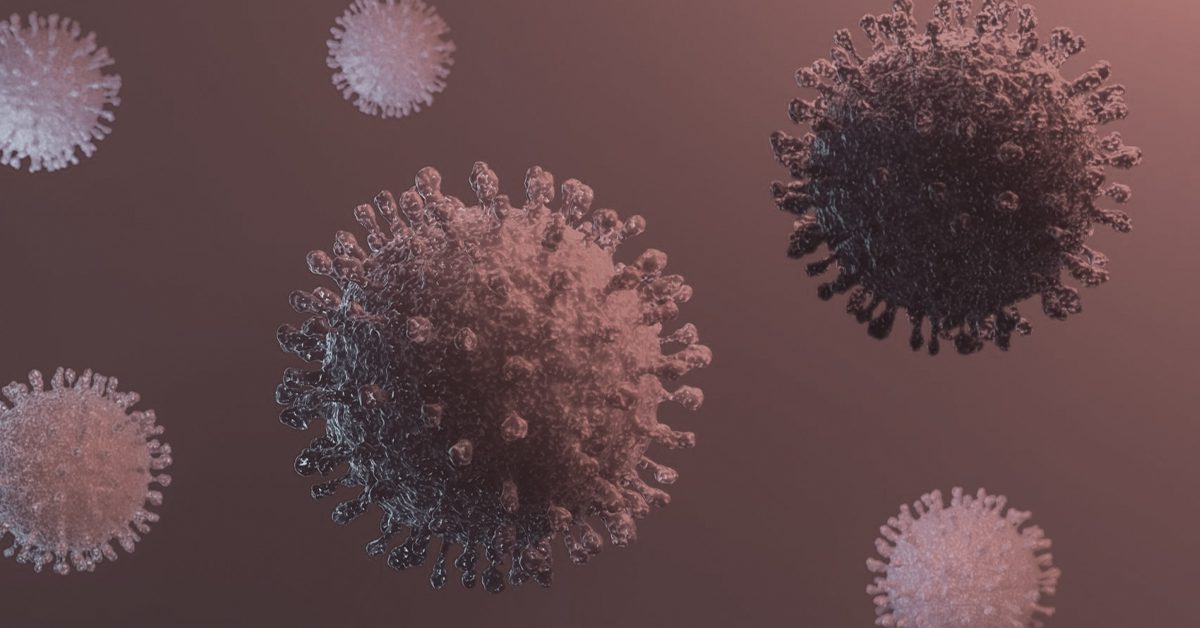The Buddhi Clinic team first met Raja Mohan a Southern Railway employee, then in service, in early 2019. He was referred to us for rehabilitation following a stroke that had left him bed bound, paralysed and unable to care for himself. Over three months, with our then “new” brand of integrated care, #trimed, Raja Mohan made an amazing recovery, becoming completely independent and ambulant once again. So much so, that his integrative medicine rehabilitation case study was covered in Doctor #Vikatan a popular Tamil language magazine. Raja Mohan went on to rejoin work in the Southern Railway Booking Office, would walk a couple of kilometres every day to catch the bus to work, and resumed a generally active lifestyle. With multiple co-morbidities, Chronic Obstructive Pulmonary Disease (COPD), Hypertension, Diabetes, High Cholesterol levels, and Mild Cognitive Impairment (post Stroke), he remained active, followed up with all his medical specialists regularly, thanks to his loving wife, fulfilled his many roles as husband, father, sibling, uncle to his large extended family of 26 people occupying a block of apartments in Chennai, and worked till his retirement from the Railway in 2019.
Earlier this year, Rajmohan was wheeled back into Buddhi Clinic by his distraught wife. Affected by #Covid-19 he had been in hospital for two weeks, before being discharged. Wheel-chair bound, confused and disoriented, he was uncommunicative, vacant and unable to care for himself, being incontinent of urine, needing feeding by hand and assistance for all activities of daily living. In normal circumstances we would have advised admission to hospital for #delirium management and #rehabilitation. In these troubled times of a second wave, neither were hospital beds available, nor would his condition be considered a priority. Thus began our #home care protocol for #Covid-19 delirium rehabilitation with his wife and extended family assisting his recovery.
At intake the following symptoms were targeted for rehabilitation.
- Poor sitting and standing balance
- Difficulty in walking
- Mild weakness of lt upper and lower limbs-4
- Slurred speech
- Poor food intake
- Dyspnea on exertion
- Mild tremors in both hands
Medication was substantive and included neuropsychiatric, pulmonology, Diabetology and medical prescriptions, in total a list of about 16 different formulations including some combination drugs. The neuropsychiatric drugs included sodium valproate (for seizure prevention and behavioural control, continued from hospital), donepezil (for cognitive dysfunction, piracetam, citicholine and ginseng. No other psychotropic drugs were prescribed to manage delirium as there were no problem behaviours.
We commence care on 16th April 2021 with our physical therapist (Mobility Lab), tDCS technician (Brain Mapping Lab – Neuromodulation) and Complimentary & Alternative Medicine technician (CAM Lab) delivering 10 sessions of care each at home.
| Lab | Treatment Provided |
| Mobility Lab | Electrotherapy, exercise therapy, gait training & manual therapy |
| CAM Lab | Focal abhyangam and reflexology |
| Neuromodulation | tDCS- delerim protocol |
With each lab tech visiting Raja Mohan two to three times weekly (as the ongoing lockdown would permit) Rajamohan made a slow and steady recovery. Indeed when reviewed by our founder Dr. Ennapadam S Krishnamoorthy on 10th May 2021 (about 3 weeks on) the clinical notes were “Has made good recovery from post Covid delirium- in home based rehab from Buddhi Clinic. Is ambulant, responds appropriately. Continues to have slowed cognition, mild tremors, some dryness of skin in the feet etc.
At our end of “first therapy cycle” case conference the outcomes were recorded as follows.
| Symptom | Pre-therapy VAS* | End Therapy VAS* | Inference |
| Mobility | 6 | 2 | Much Improved |
| Sleep | 6 | 2 | Much Improved |
| Pain | 6 | 2 | Much Improved |
| Metabolism | 6 | 2 | Much Improved |
| Speech | 6 | 4 | Some Improvement |
Raja Mohan is no longer confused or disoriented. He is completely independent in all activities of daily life, moves about freely and safely, walking with a broad based but stable gait, and responds appropriately to all questions, with some delay and slowness, but with clarity. Indeed, his wife’s comment was “you have given him a third life”, she having witnessed the devastation of neurological insult twice in the span of eight years, first a stroke and now Covid-19 delirium. From the medical perspective we learn that Covid-19 can cause delirium which is treatable, this being our third success story. From the humanistic perspective we understand the importance of faith, hope and family in rehabilitation and care.
Raja Mohan rides again and in doing so he validates for us the importance of our Buddhi Clinic’ integrated care model in #neuropsychiatry.



